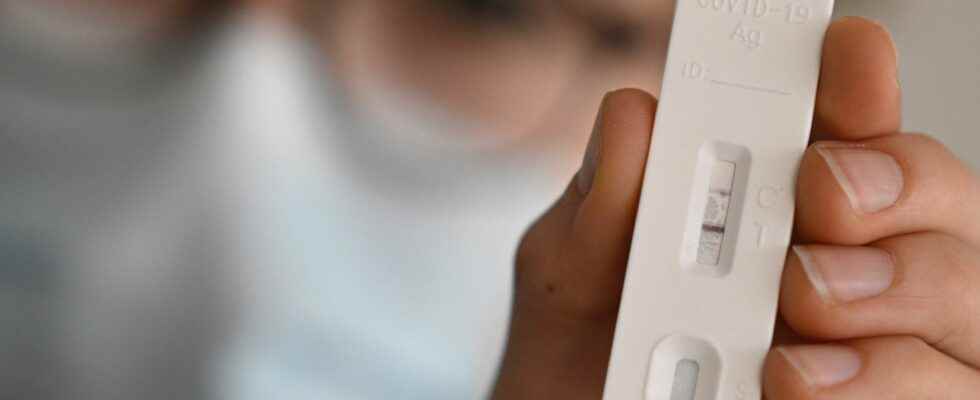Until then, it was a logical deduction made by many doctors or the conclusion of studies of a modest scale: the assertion that an infection with Covid-19 immunizes as much as an injection of vaccine is now confirmed. We are as well protected against the virus when we have been infected before as if we have been vaccinated, concludes this Friday, February 17, one of the largest studies on this crucial subject for the management of the epidemic.
“Even if an infection gives protection that diminishes over time, the level of this […] seems as durable, or even more than that conferred by vaccination”, supports the work carried out by the Covid-19 forecasting team made up of 28 medical researchers. Published in the British journal The Lancet, it compiles around sixty pre-existing studies.
Brightened horizon
By its scope, the article stands out as a new advance in research on the coronavirus. This comparison is based on messenger RNA vaccines from Pfizer/BioNTech and Moderna, which are among the most effective against Covid and are the main tools of vaccination campaigns in many Western countries.
If this study should not lower the vaccination rate, it is particularly useful for strengthening health policy aimed at so-called “hybrid” immunity. The latter designates the moment when enough individuals will have been both vaccinated and sick at least once.
At this stage, Covid-19 infections “will strike well-protected people”, underlines researchers not involved in the study, on the sidelines of the article published in The Lancet. This perspective is good news. These results suggest that future waves of coronavirus will result in less frequent hospitalizations and lower intensive care admissions.
